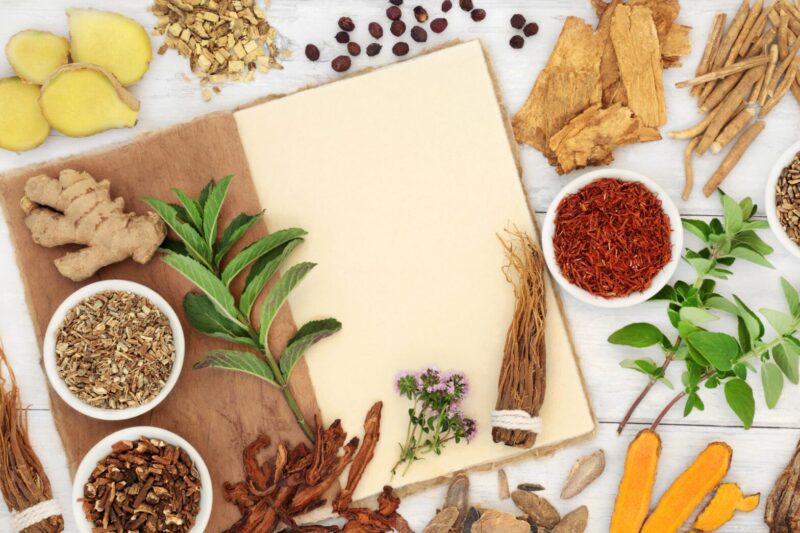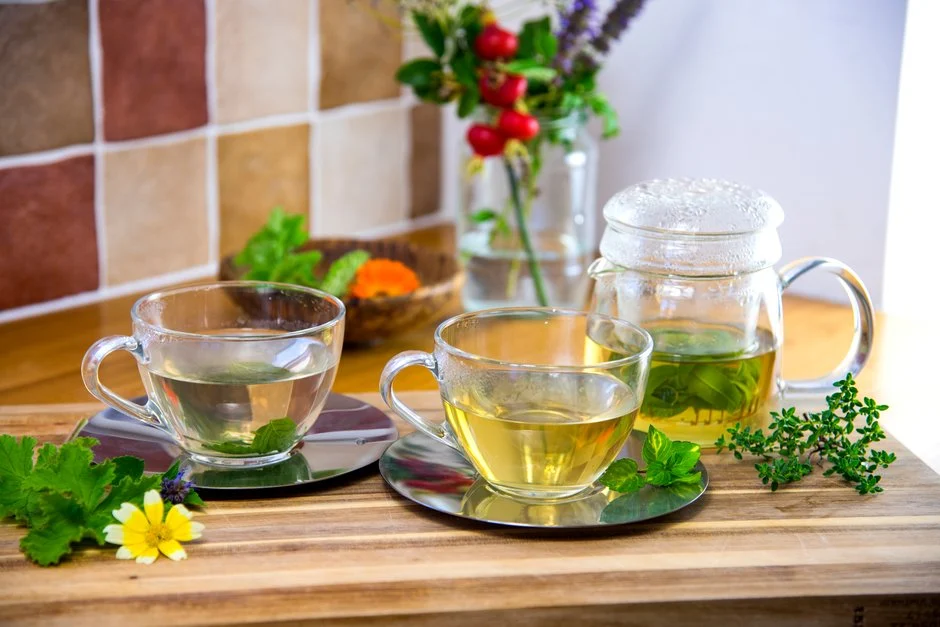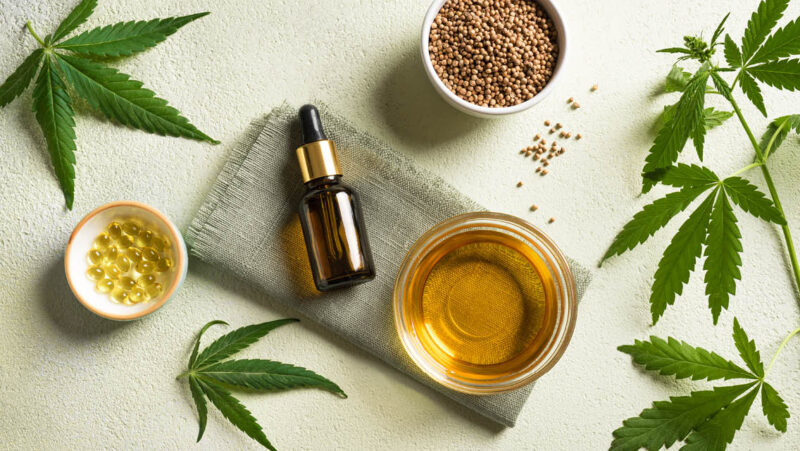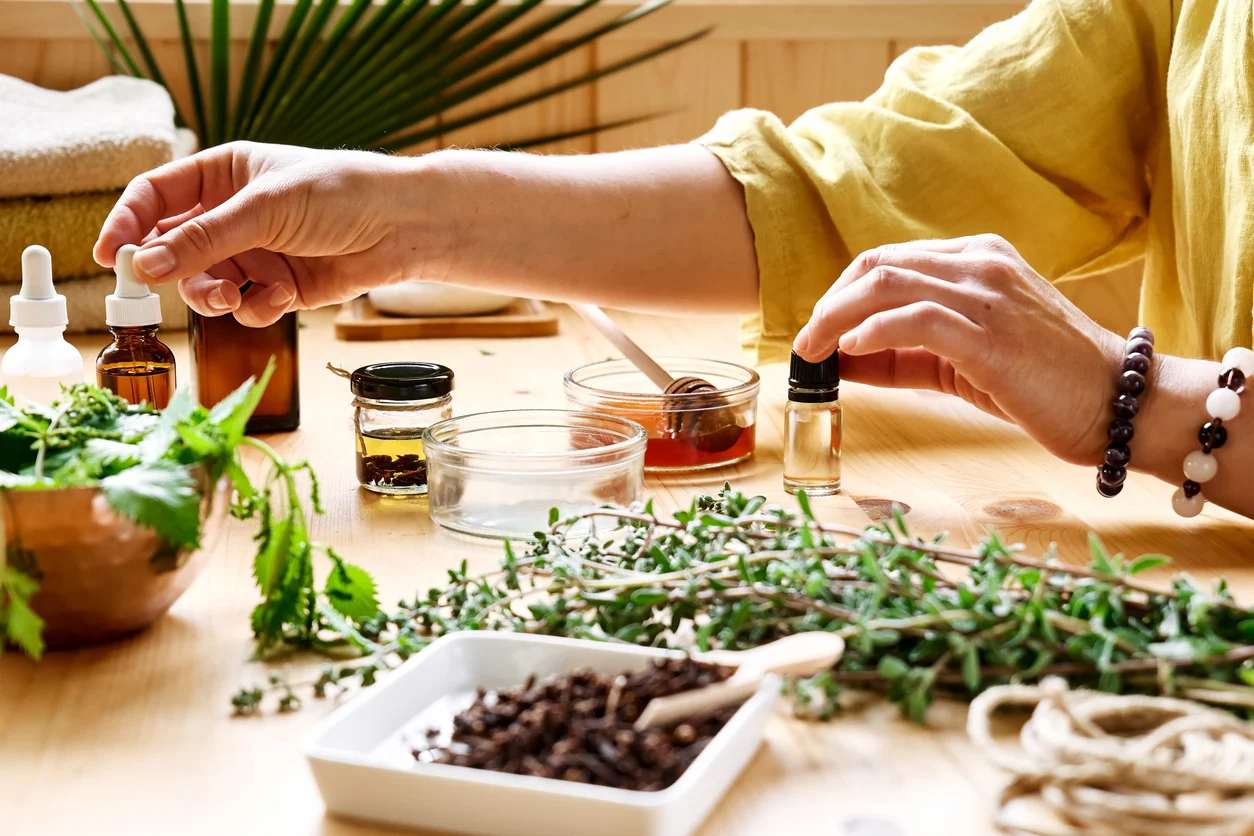Most people want a simple answer to whether natural remedies can truly promote relaxation and faster recovery.
The concrete answer is yes. Certain evidence supported options like magnesium, adaptogenic herbs, controlled breathing, and sleep-focused rituals reliably help the nervous system shift into a calmer state while improving tissue repair, sleep quality, and stress tolerance.
The value comes not from miracle claims but from consistent use and choosing remedies that have physiological effects rather than trendy wellness slogans.
A strong relaxation routine does not rely on one supplement or one habit. It comes from small interventions that support your parasympathetic system, reduce inflammation, and stabilize your sleep cycle. When these parts work together, your body recovers more efficiently from stress, workouts, and daily strain. Below is a natural, practical breakdown of what actually works and why.
Magnesium and Electrolyte Balance
Many adults fall short on magnesium intake, even though the mineral supports muscle relaxation, nerve regulation, and sleep. Unlike calming teas or scented products, magnesium directly affects neuromuscular activity. When levels are low, people experience cramps, tension, restlessness, and difficulty shutting down the mind at night.
Two forms have the clearest support for relaxation. Magnesium glycinate promotes calmness and helps with sleep onset without digestive discomfort. Magnesium citrate works well for post-workout recovery, but may soften the stool for some.
About 200 to 350 mg per evening is a typical range for adults, depending on diet and needs. Pairing magnesium with adequate sodium and potassium during the day keeps muscle cells hydrated and improves recovery after training.
For people who prefer a well-tolerated and clinically trusted option, pure encapsulations magnesium glycinate is often chosen because it provides a gentle form of magnesium that the body absorbs efficiently without upsetting digestion. This kind of supplement simply supports what the routine is already trying to achieve: calmer muscles, steadier nerves, and smoother transition into rest.
Adaptogens That Reduce Stress Load

Adaptogenic herbs influence how the body manages pressure and fatigue. They do not sedate you. Instead, they help regulate cortisol patterns so your stress system stays balanced rather than overwhelmed.
Ashwagandha has good data behind it. It lowers evening cortisol and supports deeper sleep cycles. It also stabilizes mood for people who feel wired but tired.
Rhodiola helps the opposite type of stress pattern. It benefits people who feel drained, foggy, or slow to recover from exertion. Rhodiola modulates fatigue without causing stimulation.
Tulsi (holy basil) targets mental restlessness and irritability. It is commonly used for steadying the mood and supporting evening wind-down routines.
When used correctly, adaptogens make the rest of your recovery habits more effective because they keep your stress hormones from working against you.
Real Restorative Sleep Practices
No natural remedy works without a stable sleep rhythm. Recovery hormones rise during non-REM sleep. Tissue repair, immune function, memory consolidation, and inflammation control depend on it. The concrete midpoint answer is this. If your sleep quality is poor, your recovery will remain limited,, ed no matter how many supplements or relaxation aids you try.
A strong natural sleep routine includes three pillars.
Lnon-REMes. Dim the lights two hours before bed. Reduce screens or use warm color filters. Hard lighting at night sends signals that delay melatonin production.
Temperature. Lower bedroom temperature to around 18 to 20 degrees. A cooler environment helps your core temperature drop, which is necessary for sleep initiation.
Wind down. A predictable sequence matters. For most people, this includes twenty minutes of gentle stretching, reading, or breathing exercises. The goal is to shift your body into a low alert state so you fall asleep faster and avoid overnight awakenings.
These seemingly small steps improve recovery far more than people expect because poor sleep is the largest hidden factor in chronic tension and slow physical repair.
Herbal Teas That Have Real Effects

Certain teas remain dependable tools for calming the nervous system. They do not replace sleep rituals or nutritional balance, but they enhance them.
Chamomile contains apigenin, which binds to specific receptors that help slow neural activity. People notice easier sleep onset with consistent use.
Lemon balm is useful for people who carry stress in the stomach or experience evening agitation. It has a gentle, relaxing effect without grogginess.
Valerian root is stronger but can leave some people foggy in the morning. It works best for those who struggle with frequent nighttime wakeups.
These teas improve relaxation when used regularly rather than occasionally.
Breathwork and Nervous System Reset
Breathing is the fastest tool for shifting your nervous system. It regulates heart rate variability,t,y, which directly influences stress recovery. Slow, controlled breathing increases vagal tone ,which activates the rest and digest system.
Two simple approaches work well.
4 2 6 breathing. Inhale for four seconds, hold for two, exhale for six. This pattern signals calmness and reduces muscle tension.
Box breathing. Inhale, hold, exhale, hold each for four seconds. This balances the nervous system and helps with mental clarity.
Five minutes is enough to create measurable changes in stress markers. It is a natural remedy because it uses the physiology your body already has. It pairs well with stretching, evening routines, and magnesium supplementation.
CBD and Botanical Recovery Tools

CBD remains one of the most popular natural relaxation aids because it influences inflammation, mood regulation, and muscular tension without intoxication. Many people use it to unwind after work, support sleep, or improve post-exercise recovery. When sourced cleanly, it offers predictable relaxation rather than sedation.
Edibles and tinctures are common choices because they provide longer-lasting effects. For fast relaxation, inhaled products are often preferred due to rapid onset. In regions where regulated cannabis delivery is available, people often combine mild THC products with CBD for deeper relaxation and more complete muscle relief. These blended options support recovery after demanding physical or stressful days.
In many areas, consumers rely on convenient delivery platforms. For readers in Sacramento, this option is easily accessible through same-day delivery.
This is placed here because this is where natural recovery choices intersect with real-life convenience. Access matters when people want consistent routines.
Stretching, Heat, and Natural Muscle Relief
Physical tension does not resolve without circulation. Natural heat therapy increases blood flow, which brings nutrients to tight areas and removes waste products. A warm shower, heating pad, or simple towel warmed in the dryer all work.
Follow heat with gentle stretching. Focus on large muscle groups. Hips, hamstrings, chest, and upper back contribute the most to overall body tension. Slow holds of twenty to thirty seconds are enough. Combined with the other methods in this article, this creates a full cycle of relaxation signals that support recovery.
For people who train regularly, this habit is more effective than sporadic massage because it can be done daily.
Anti-Inflammatory Foods and Herbal Support

Natural recovery improves when your diet reduces inflammation rather than adding to it. The most reliable choices include berries, leafy greens, olive oil, turmeric, ginger, and fatty fish. These foods contain antioxidants and compounds that reduce oxidative stress, which slows muscular repair and increases soreness.
Turmeric combined with black pepper enhances absorption. Ginger tea reduces muscle discomfort after physical effort. Omega-3-rich fish supports joint comfort and cognitive calmness.
These small dietary adjustments amplify every other natural remedy because they reduce the baseline stress your body has to manage.
Putting It All Together
Relaxation and recovery rely on systems working together. A supplement alone will not solve the problem. A breathing routine alone will not override chronic tension if sleep is poor. Yet when people combine magnesium, breathing exercises, adaptogens, light control, and consistent sleep cues, the results are noticeable within days.
The concrete bottom line is simple. Natural remedies work when they target real physiological processes and when they are used consistently. If you build a routine that covers sleep, nutrition, stress regulation, and physical tension, your recovery improves on all fronts.
No hype, no miracle claims, just reliable habits that support how the human body is designed to heal and relax.

